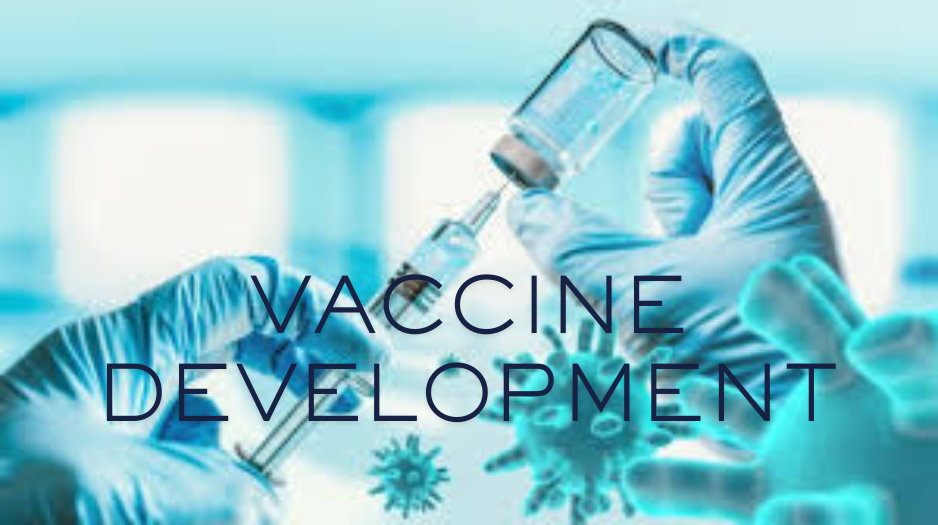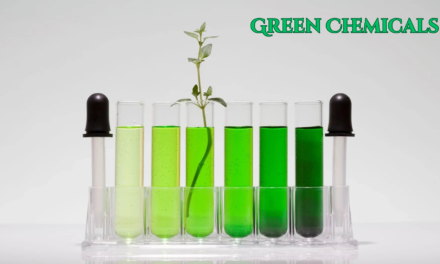The chemical industry plays a crucial role in vaccine development by providing the raw materials, processes, and technologies necessary for the discovery, production, and distribution of vaccines. This contribution spans across multiple stages, from initial research and development to large-scale manufacturing and delivery. Here’s how the chemical industry supports vaccine development:
1. Supply of Raw Materials
- Active Ingredients:
- Chemicals are used to synthesize antigens (proteins, peptides, or nucleic acids) that trigger immune responses in vaccines.
- Example: Lipid nanoparticles (LNPs) in mRNA vaccines like Pfizer-BioNTech’s COVID-19 vaccine.
- Adjuvants:
- Substances that enhance immune response are often chemical compounds such as aluminum salts or oil-in-water emulsions.
- Example: Squalene-based adjuvants in influenza vaccines.
- Stabilizers:
- Sugars, amino acids, or polysorbates maintain vaccine stability during production and storage.
2. Development of Delivery Systems
- Nanoparticles:
- The chemical industry develops lipids and polymers nanocarriers use to deliver mRNA or protein-based vaccines efficiently.
- Example: Lipid nanoparticles protect mRNA from degradation and facilitate its delivery into cells.
- Microparticles and Polymers:
- Biodegradable polymers like PLGA (poly(lactic-co-glycolic acid)) are used for controlled-release vaccine formulations.
- Adhesives and Coatings:
- Chemical coatings on syringes and vials prevent contamination and ensure product integrity.
3. Enabling Manufacturing Processes
- Reagents and Catalysts:
- High-purity chemicals and catalysts are essential for synthesizing vaccine components, including antigens and adjuvants.
- Bioreactor Systems:
- The chemical industry supplies biocompatible materials for single-use bioreactors, streamlining vaccine production.
- Downstream Processing:
- Chemicals like buffer solutions and solvents are used for purification processes such as chromatography and filtration.
4. Role in mRNA Vaccine Production
- Nucleotide Synthesis:
- The building blocks of mRNA vaccines (adenine, cytosine, guanine, and uracil) are synthesized using advanced chemical processes.
- Capping and Encapsulation:
- The chemical industry provides reagents for capping mRNA, ensuring stability and proper translation in human cells.
- Lipid Production:
- Specialized lipids for mRNA encapsulation require sophisticated chemical synthesis techniques.
5. Innovation in Formulation and Stability
- Cryoprotectants:
- Chemicals like trehalose or sucrose protect vaccines during freeze-drying and low-temperature storage.
- Preservatives:
- Thimerosal and phenol derivatives prevent microbial contamination in multi-dose vials.
- pH Buffers:
- Maintain the optimal pH of vaccines to ensure efficacy during storage and administration.
6. Support for Cold Chain Logistics
- Refrigerants:
- The chemical industry provides refrigerants and insulating materials for maintaining the required temperature of vaccines during transport.
- Packaging Materials:
- Development of advanced polymers for vials and syringes ensures sterility and durability.
7. Research and Development Support
- High-Throughput Screening:
- Chemical reagents and lab automation technologies accelerate the discovery of new vaccine candidates.
- Structure-Based Design:
- Computational chemistry and biochemistry aid in designing antigens and adjuvants with high specificity.
- Chemical Synthesis of Antigens:
- Enables the production of synthetic antigens for new vaccine platforms, reducing dependence on biological sources.
8. Sustainability in Vaccine Production
- Green Chemistry:
- Adoption of sustainable chemical processes minimizes waste and environmental impact during vaccine manufacturing.
- Biodegradable Materials:
- Development of biodegradable polymers for single-use equipment reduces waste in vaccine production.
9. Addressing Global Health Challenges
- Scaling Production:
- The chemical industry’s ability to produce large reagents and materials supports global vaccination campaigns.
- Customization for Low-Income Countries:
- Innovations in vaccine formulations (e.g., thermostable vaccines) make them suitable for regions with limited cold chain infrastructure.
10. Future Innovations
- Synthetic Biology:
- Integration of chemical synthesis and biological processes enables the rapid development of new vaccine platforms.
- Self-Amplifying RNA (saRNA) Vaccines:
- Advanced chemical processes are crucial for synthesizing and stabilizing saRNA, which allows smaller doses for broader immune responses.
- Oral and Transdermal Vaccines:
- Chemical industry innovations in coatings and drug delivery systems are paving the way for needle-free vaccine administration.
Case Studies
- COVID-19 Vaccines:
- Lipid nanoparticles developed by chemical companies like Avanti Polar Lipids and Novavax’s saponin-based adjuvants were critical in vaccine development.
- Malaria Vaccines:
- RTS,S malaria vaccine leverages advanced adjuvants and protein production technologies supported by the chemical industry.
Conclusion
The chemical industry is indispensable in vaccine development, contributing to every stage from raw material synthesis to final delivery. With its capacity for innovation, scalability, and precision, the industry is accelerating the creation of effective vaccines to combat both common and rare diseases. As new challenges like pandemics emerge, the role of the chemical industry in advancing vaccine technology will continue to grow, ensuring global health and preparedness.
Hashtags
#ChemicalIndustry #ChemicalsInHealth #IndustrialChemistry #ChemistryForHealth #ChemicalInnovation #VaccineDevelopment #VaccineManufacturing #ChemicalsForVaccines #PharmaChemicals #VaccineIngredients #AdvancedMaterials #ChemicalProcesses #APIsForVaccines #SpecialtyChemicals #InnovativeChemistry #AdvancedPharmaceuticals #Collaboration #InnovationInHealth#ScienceCollaboration #IndustryInnovation #PharmaAndChemicals #ChemicalPartnerships #InnovationInHealth #GlobalHealth#SustainableVaccines #ChemicalsForGood #EcoFriendlyPharma #HealthEquity










